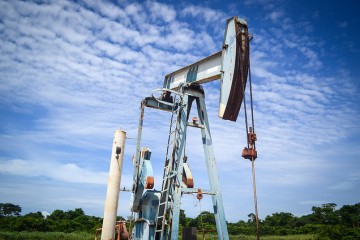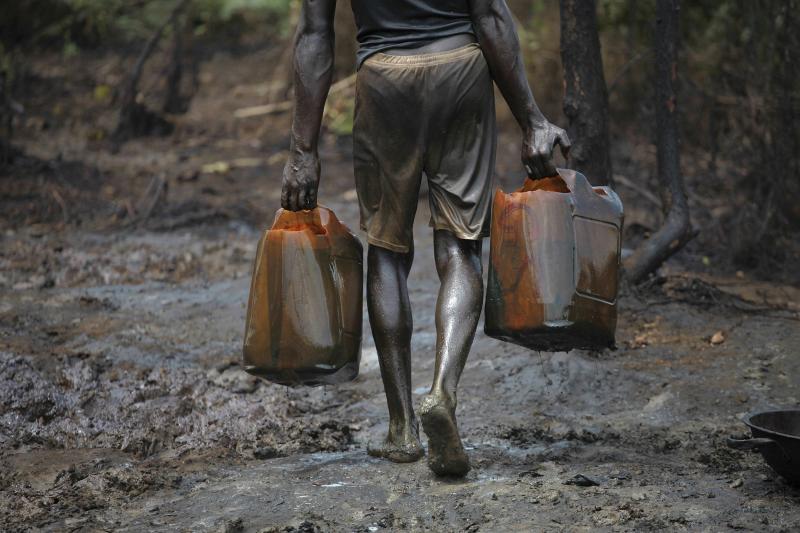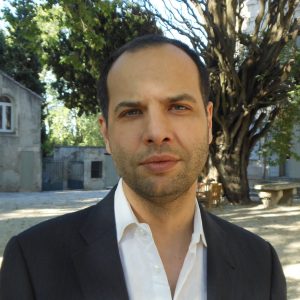
Angola’s Perfect Storm
In a new article for Foreign Affairs, I discuss the perils of Angola’s reliance on declining oil revenues. Here are the first few paragraphs. In early 2014, Angola, sub-Saharan Africa’s second-largest oil producer and third-largest economy, was flush with cash and confidence. The economy had expanded tenfold over the previous decade, and the government, which in 2002 won a resounding victory in the country’s long civil war, was unchallenged at home, a towering presence in regional politics, and a major investor abroad, including in Portugal, the former colonial power. Its national reconstruction agenda funneled tens of billions of dollars into infrastructure and transformed Luanda into a would-be African Dubai that attracted thousands of expatriates. The rule of Angolan President José Eduardo …

Avoiding Africa’s oil curse
East Africa is the global oil and gas industry’s hottest frontier. Barely a month goes by, it seems, without a major discovery in Mozambique, Tanzania, Uganda, or the eastern Democratic Republic of the Congo.
This new African windfall is hardly without precedent. Several west and central African states — most notably Angola and Nigeria — have already experienced petroleum booms of their own. Over the last decade, they benefited from a spectacular jump in oil prices, which rose from $22 per barrel in 2003 to $147 per barrel in 2008 and remained high, for the most part, until recently. The spoils were enormous: from 2002 to 2012, Angola’s GDP jumped from $11 billion to $114 billion and Nigeria’s went from $59 billion to $243 billion.
The opportunity afforded by this extraordinary decade was unprecedented and is unlikely to recur. Sadly, however, decision-makers have mostly squandered it. If the new east African producers are not to repeat the mistakes of the established ones, then, they should heed the lessons of Africa’s last oil boom.

Angola: Transparency reforms yield little change
Depending on whom you read, the Angolan government is either run by a band of committed reformists or is in the grip of a villainous, money-hungry elite. Long a critic, the International Monetary Fund now lionises “the significant progress made toward improving fiscal transparency”. Civil society activist Rafael Marques de Morais condemns the relentless self-enrichment by government officials using “their official positions to override the line between public and private interests”. While Angola’s oil economy has never been more transparent, the impact of this on the governance of the country is trivial and even strengthens the regime. Angola gained notoriety just over a decade ago as an oil-rich country run by an oligarchy lording over an impoverished, war-weary population. Global …










